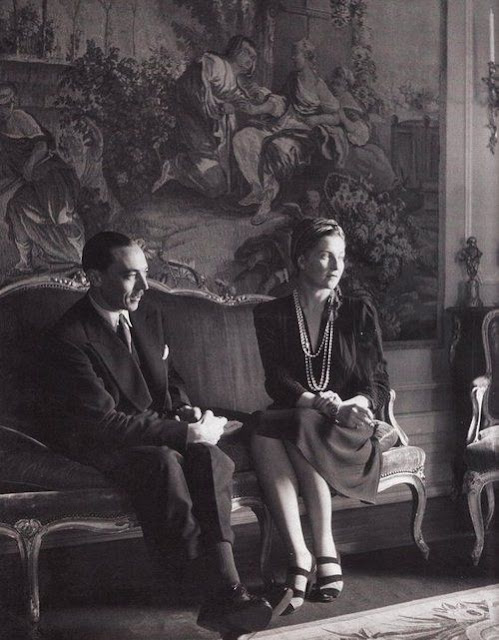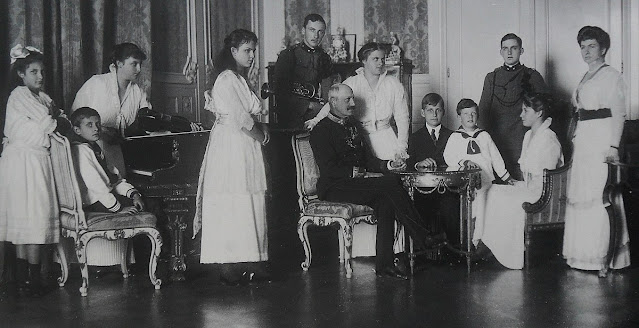Regan
 |
| "The Three Daughters of King Lear" by Gustav Pope |
Gender: Unisex
Meaning: N/A
Pronunciation: RAY-gehn, REE-gehn
Other Forms: Reagan, Raegan
Note: Hello! I hope you've been enjoying my Halloween names so far! I was hoping to do more but my cockatiel that I've had since I was sixteen has been having some health issues and I've just been wracked with worry over him! But I do have a really special guest post that will be coming out on the day of Halloween which I hope you'll all enjoy! Much love, Bree.
Growing up, Regan was just the sort of name I would have wanted. Short, strong, frills-free and tomboyish, Regan isn't just a popular "Surname" style of name - it also has the esteem of being a character from Shakespeare's "King Lear". But what it's most famous for is the reason I chose it for my series of Halloween names, and I bet it's the namesake you thought of as well. That of Regan MacNeil from "The Exorcist".
Regan as a surname is believed to be the Anglicized version of the Irish Ó Ríagáin, meaning "descendant of Ríagáin". Ríagáin itself is thought to be derived from the word ríodhgach, which means "impulsive". Other suggestions include a root in the element ri, "soverign, king", and the diminutive suffix -in, giving the meaning of "The King's Child". Ideas of Regan's origin as a first name differ, with some citing an influence from the Latin name Regina - "Queen". Shakespeare is said to have named the character of Regan, Lear's second daughter, after a King of the Britons from Monmouth's "Historia regum Brittaniae". She, like her elder sister Goneril, is cruel and calculating.
In "The Exorcist", Regan MacNeil is the unfortunate victim of the demon who presents himself as the playful "Mr. Howdy." It opened up on the day after Christmas in 1973, and has shocked and haunted people ever since. Proving a rather unpleasant namesake (and unpleasant President) does not a name make, Regan still sits proud at #102 in the US.



Comments
Post a Comment